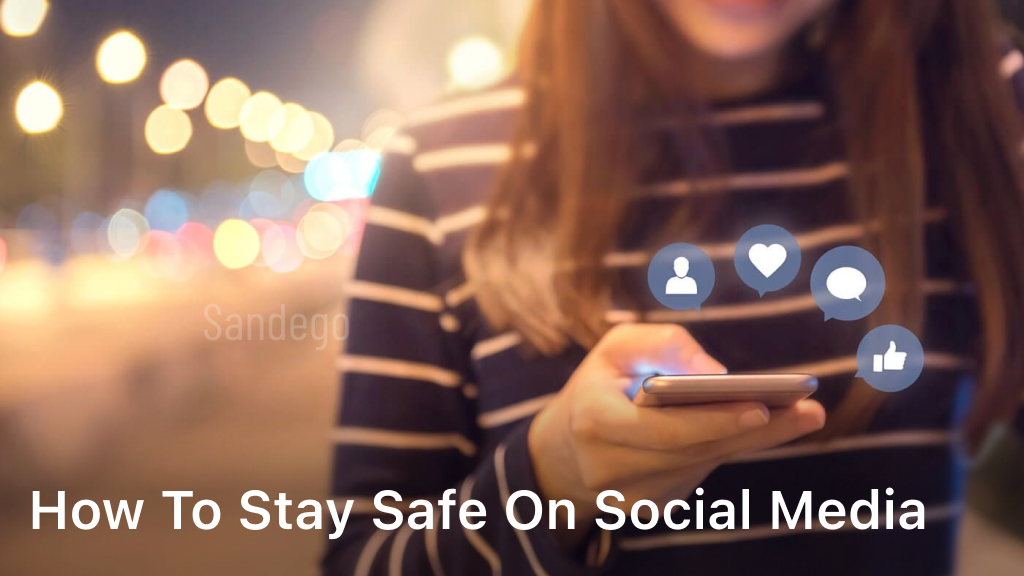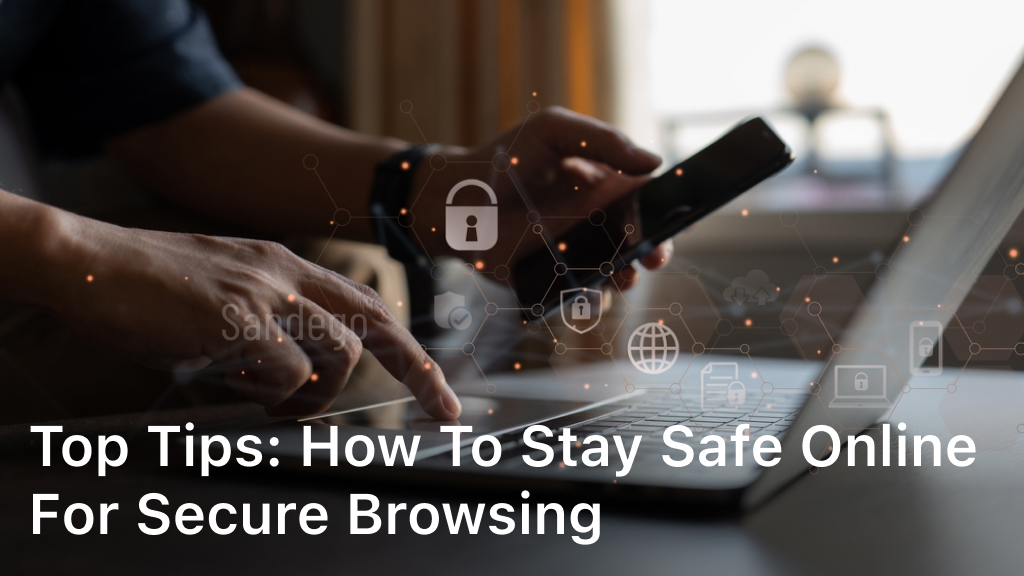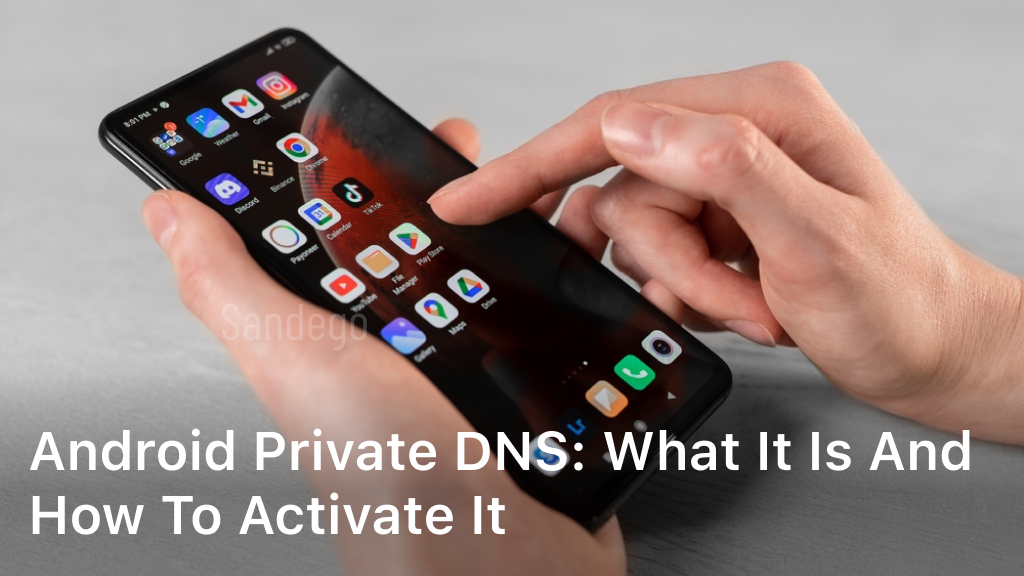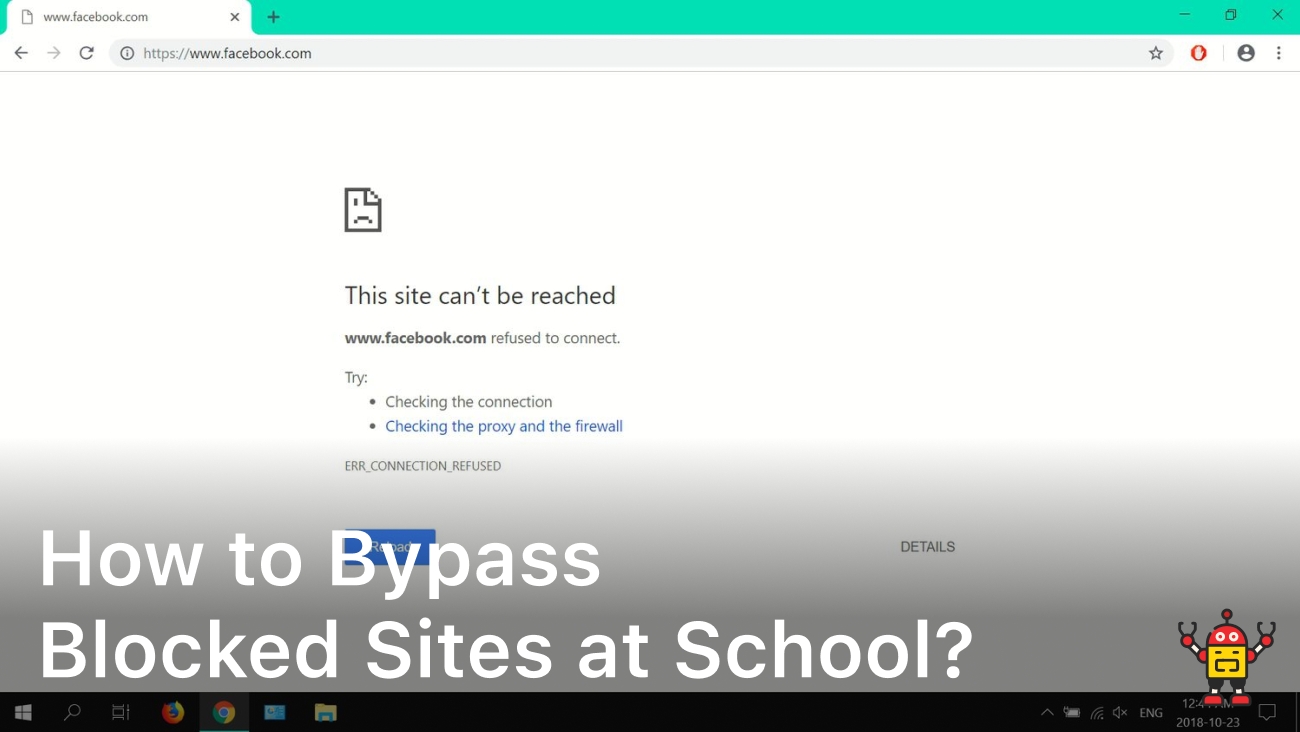Social media has become an integral part of our daily lives, offering a platform for connecting with friends, sharing experiences, and discovering new content. However, along with its benefits, social media also poses various risks to users, ranging from privacy concerns to cyberbullying and online scams. In this article, we’ll explore effective strategies to stay safe on social media and protect yourself from potential threats.
In today’s digital age, maintaining safety on social media platforms is paramount. With millions of users worldwide, social media platforms serve as breeding grounds for cyber threats, including identity theft, phishing attacks, and online harassment. It’s crucial to understand the potential risks associated with social media usage and take proactive measures to safeguard personal information and digital well-being.

Table of Contents
ToggleUnderstanding Privacy Settings
One of the fundamental steps in ensuring social media safety is mastering privacy settings. Most social media platforms offer a range of privacy controls that allow users to customize their sharing preferences and control who can view their posts and personal information. By familiarizing yourself with these settings and adjusting them according to your preferences, you can limit the visibility of your content and reduce the chances of unauthorized access to your profile.
5 Tips to Stay Safe on Social Media
1. Beware of Sharing Personal Information
While social media platforms provide a space for sharing experiences and connecting with others, it’s crucial to approach online interactions with caution, particularly when it comes to divulging personal information. Details such as your full name, address, phone number, and birthdate can be leveraged by malicious individuals for nefarious purposes, ranging from identity theft to stalking.
Therefore, it’s imperative to exercise discretion and refrain from sharing sensitive information publicly. Additionally, be mindful of the data you disclose in private messages and comments, as these interactions can also pose risks if accessed by unauthorized parties.
2. Recognizing and Avoiding Scams
Social media platforms serve as fertile ground for scammers who prey on unsuspecting users for financial gain. These scammers employ various tactics, such as phishing schemes, fake investment opportunities, and romance scams, to deceive individuals and extract sensitive information or money.
To shield yourself from these threats, it’s essential to remain vigilant and discerning when navigating social media. Be on the lookout for suspicious messages or requests, and exercise caution when encountering unfamiliar links or offers. Always take the time to verify the legitimacy of any requests before divulging personal or financial details.
3. Dealing with Cyberbullying
Cyberbullying continues to be a pervasive problem on social media platforms, impacting individuals across diverse age groups. From hurtful comments and spreading malicious rumors to engaging in targeted harassment, the effects of cyberbullying can deeply affect one’s mental health and overall well-being.
In the face of cyberbullying, seeking support from trusted friends, family members, or mental health professionals is crucial. It’s important to confide in someone you trust and express your feelings openly, as sharing the experience can alleviate the emotional burden.
Furthermore, taking proactive steps to address cyberbullying is essential for self-protection and promoting a safer online environment. Report any instances of abusive behavior to the relevant social media platform, as they often have mechanisms in place to address such issues.
4. Securing Your Accounts
Securing your social media accounts is paramount to safeguarding your data and preventing unauthorized access. To bolster security measures, it’s imperative to employ robust strategies such as implementing strong, unique passwords for each account.
Additionally, enabling two-factor authentication whenever available adds an extra layer of protection. Two-factor authentication necessitates a secondary verification method, such as a code sent to your mobile device, before granting access to your account.
By adhering to these security practices, you can significantly reduce the risk of unauthorized access and enhance the overall protection of your personal information on social media platforms.
5. Educating Yourself and Others
In addition to safeguarding your own social media presence, it’s crucial to promote digital literacy and awareness among your peers and loved ones. Take the time to educate yourself about emerging online threats and share valuable insights with others to help them stay safe online. By sharing knowledge and best practices, you can empower others to recognize and avoid potential risks, contributing to a more secure online community.
Fostering a culture of responsible social media usage is paramount in mitigating the risks associated with digital communication. By collectively advocating for safer online practices, we can create an environment where users are better equipped to protect themselves and their personal information from various online threats.
Conclusion
In conclusion, navigating the digital landscape of social media requires vigilance, awareness, and proactive measures to stay safe. By understanding privacy settings, exercising caution when sharing personal information, recognizing and avoiding scams, dealing with cyberbullying, securing your accounts, and promoting digital literacy, you can minimize the risks and enjoy a safer and more enjoyable social media experience.
FAQ
How often should I review my privacy settings on social media platforms?
It’s recommended to review your privacy settings regularly, ideally every few months, to ensure they reflect your current preferences and account status.
What should I do if I encounter suspicious activity on social media?
If you come across suspicious activity, such as phishing attempts or fake profiles, report it to the respective social media platform immediately and avoid engaging with the suspicious content.
Can sharing personal information on social media lead to identity theft?
Yes, sharing personal information on social media can increase the risk of identity theft, as cybercriminals may use this information to impersonate you or access your financial accounts.
Is it safe to click on links shared by unknown users on social media?
It’s generally not safe to click on links shared by unknown users, as they may lead to malicious websites or phishing pages designed to steal your personal information.
How can I support a friend who is experiencing cyberbullying on social media?
If a friend is experiencing cyberbullying, offer them emotional support, encourage them to document the harassment, and help them report the abusive behavior to the social media platform. Additionally, encourage them to seek help from trusted adults or mental health professionals if needed.






